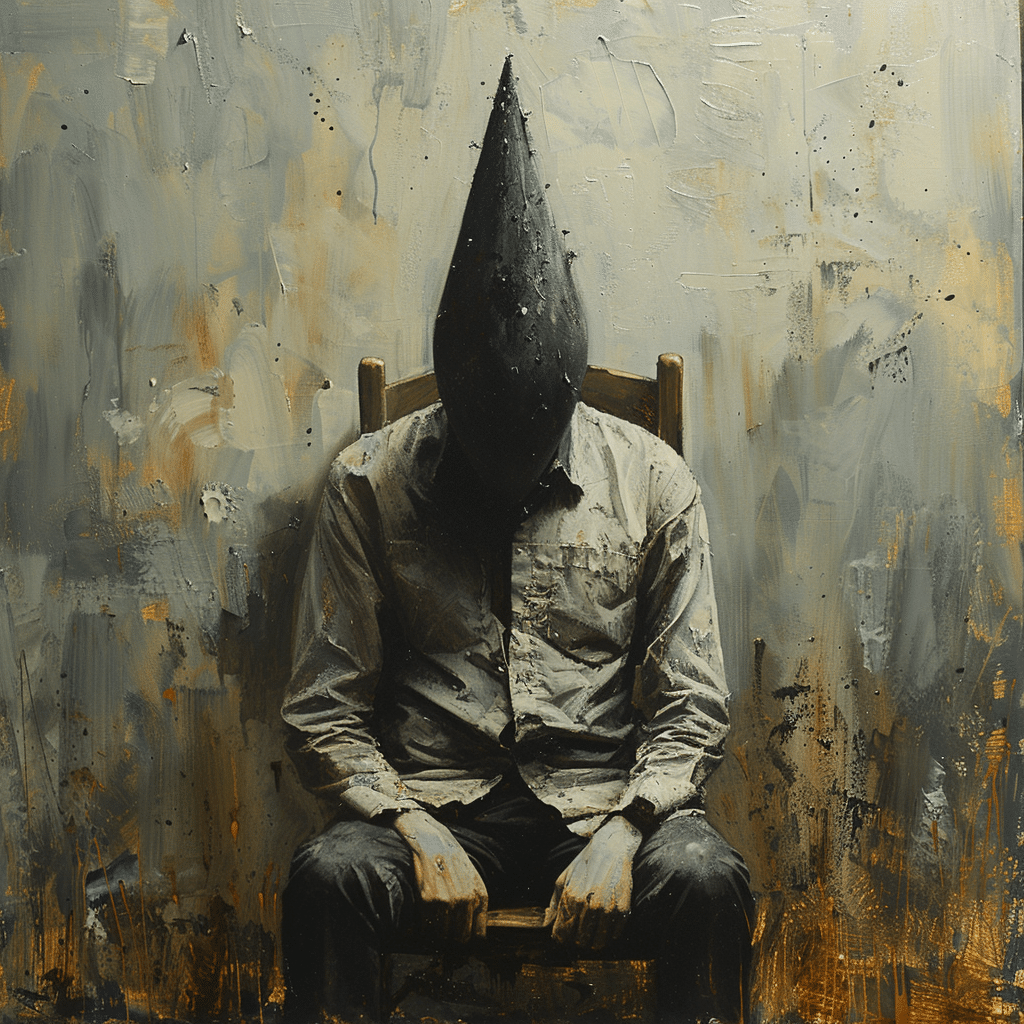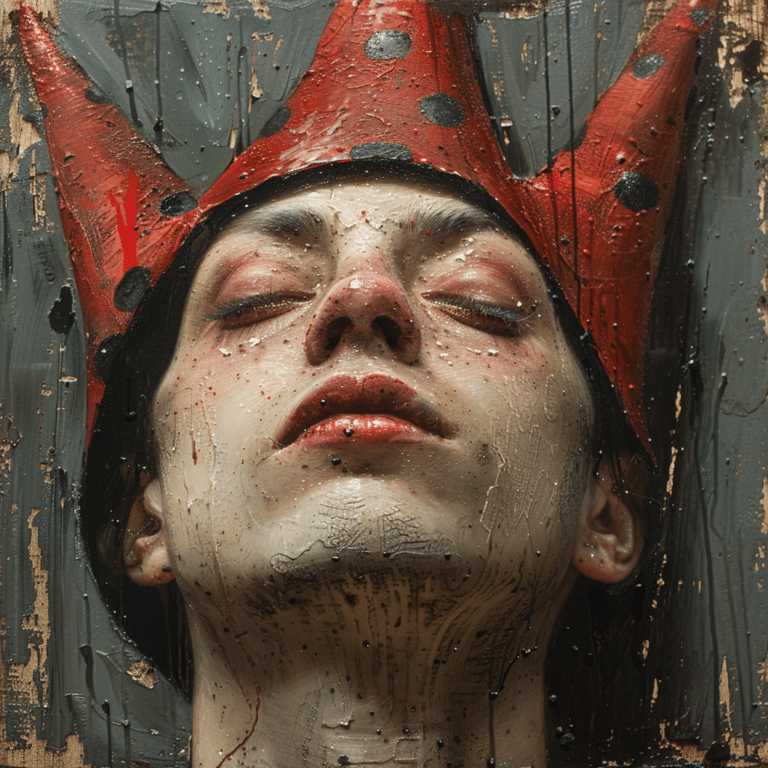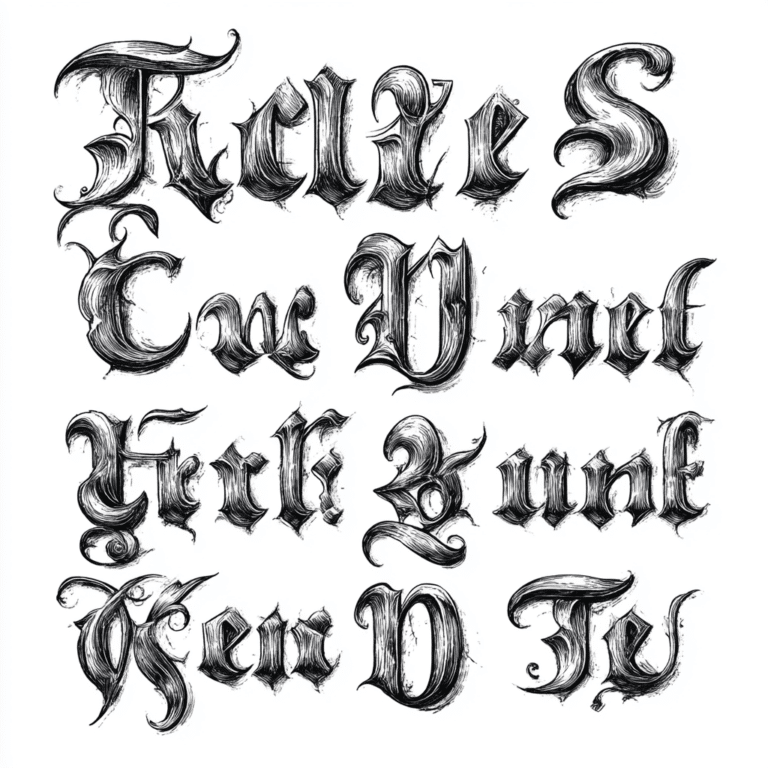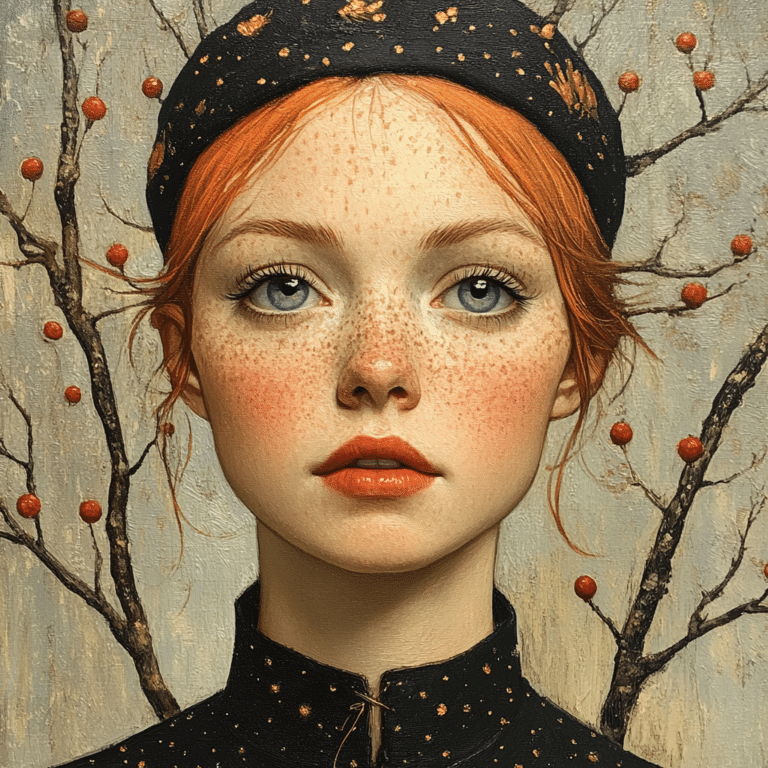The Dunce Legacy: Unpacking Historical Context
Delving into the etymology of ‘dunce’, our journey transports us back to the halls of medieval academia, where John Duns Scotus, a Scottish thinker, formulated ideas that baffled his contemporaries. Scotus was revered during his lifetime, yet posthumously, his name became a byword for obstinacy in the wake of Renaissance humanism. The label ‘dunce’ thus became an unintended legacy of the man whose intellectual prowess was once esteemed but later trivialized.
Digging through dusty tomes, we unearth the transition; ‘dunce’ was no longer a name but a stinging epithet. Historical experts point out parallels between this shift and the period’s intellectual currents. The emphasis on classical knowledge ridiculed Scotus’s once-complex theories as simplistic and backwards. To comprehend Scotus’s devolution into the ‘dunce’ archetype involves a keen understanding of these societal crosswinds and knowledge trends.
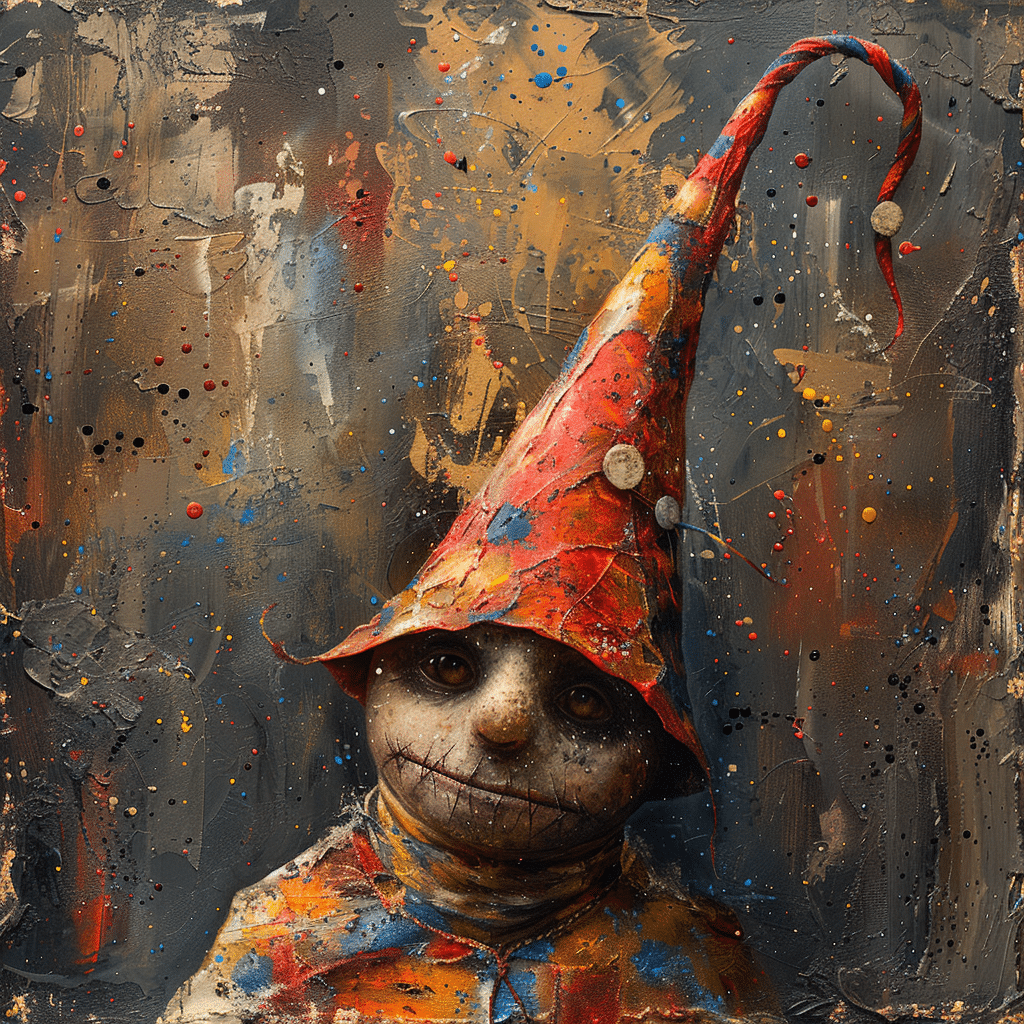
The Dunce Cap Through Ages: Shifting Symbolism
The dunce cap, known also as the “corner cap,” was once a badge of dignity for the followers of Scotus, the Duns men, to denote their scholarly devotion. Fast forward a few centuries, and the cap’s pointy silhouette stood in classrooms not as an emblem of honor, but as a crown of shame for hapless pupils.
From vintage illustrations depicting uniformed children facing classroom corners, heads adorned with the conical cap, it’s evident that the stigma surrounding education had physical manifestations. These images and narratives offer a glimpse into an era when ridiculing academic struggle was par for the course, and the dunce cap acted as a conduit for such societal norms.
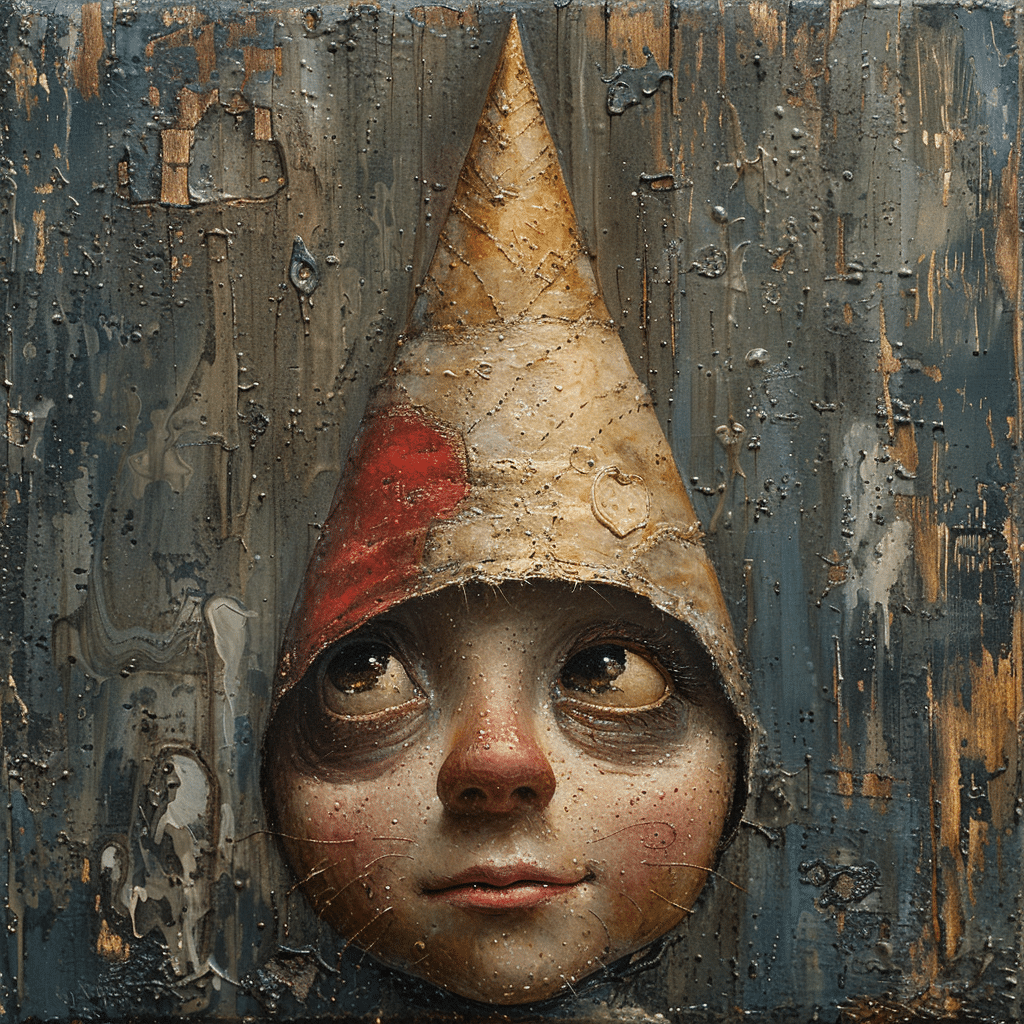
| Category | Details |
| Definition | A dunce is a person considered incapable of learning or lacking the ability to profit from education. |
| Origin of term | Coined from the name of John Duns Scotus, whose followers (Duns men or Dunses) were ridiculed in the 16th century as enemies of learning. |
| Historical Usage | Used in schools to label slow learners, often accompanied by a pointed hat and sitting in a corner. |
| Modern Usage | Term is seen as derogatory and has largely fallen out of use in an educational context. |
| Cultural References | Frequently appears in television, books, and movies as a stereotypical character who struggles academically. |
| Psychological Impact | Being labeled a dunce can have negative consequences on self-esteem and motivation to learn. |
| Alternative Educational Approaches | Focus on individual learning styles, strengths, and growth mindset to support all learners effectively. |
| Societal Change | Increased awareness of diverse learning needs and educational reform to prevent labeling and its harms. |
Dunce as Derogation: Analyzing Linguistic Trends
A dive into the linguistic journey of ‘dunce’ lays bare its proliferation as a derogatory term. It’s a term that has seeped into our language, lurking in the shadows of our schools, and sometimes slipping into casual, dismissive insults. Dictionaries enshrine ‘dunce’ as a synonym for ignorance, but its colloquial usage varies, sprinkled through conversations and literature as subtly as a metronome weaving through a musical composition.
After picking the brains of lexicon enthusiasts and language-savvy historians, it’s clear that while ‘dunce’ has waned, it still clings on. The language experts we’ve engaged stress that society’s preoccupation with intellectual sharpness lends ‘dunce’ its lingering staying power.
Dunce Caps in Modern Education: Residual Stigma
Gone are the days when a felt cap could spell out a child’s educational standing, yet the shadows of educational shaming remain etched in less tangible forms. Childhood experts speak of the subliminal impact: an offhand remark from a frustrated teacher, or an eye-roll from a peer, can mimic the isolating experience of donning a dunce cap.
Modern disciplinary measures veer away from physical shaming but may carry the same emotional weight. This narrative hopes to illuminate the inadvertently lingering presence of the old stigma and to champion strategies that imbue learning with dignity.
Reshaping the Narrative: From Dunce to Diverse Intelligence
Today’s thought leaders in education rally beneath a common banner—that intelligence cannot be standardized. These luminaries reject the single metric of scholastic achievement, advocating for an acknowledgment of myriad intellectual landscapes.
Inclusive educational practices are gaining momentum, focusing on tailoring to the strengths of each child, whether they show a penchant for coding or an unmatched flair for dance, as one might see in a member of the dancing With The Stars cast. By embracing such educational versatility, we step away from the ‘dunce’ mentality and into a world where diverse cognitive abilities are not only identified but celebrated.
Dusting Off the Dunce Cap: Cultural References and Revival
Amidst this serious discourse, the dunce cap surfaces in an unexpected arena: the arts. Drained of its historical baggage, it pops up in avant-garde fashion accessories, which tread the fine line between nostalgia and satire. The cap’s image is repurposed, stripped of stigma, and tossed into the whirlwind of pop culture.
Critics muse on the power of such a symbol—once a marker of shame, now a reinvented motif, far from its origins. The irony is as sharp as a waistcoat stitch in haute couture; this cultural metamorphosis illustrates the ever-changing tides of symbolic meaning.
Embracing Anti-Dunce Ideologies: The Future of Learning Treatment
Rethinking how we approach learning difficulties involves listening to the activists and reformers on the ground. Their blueprint for the future casts off the ‘dunce’ mindset, instead fostering environments filled with empathy. What’s proposed are comprehensive educational reforms—best Planners for systemic change, you might say—that prioritize the emotional and intellectual wellness of the learner over outmoded and punitive methods.
The Last Stand of the Dunce Cap: What Tomorrow Holds
Forecasting the demise of the ‘dunce’ stigma is akin to crystal ball gazing. We watch for signs: the ebbing usage of ‘dunce’ in derogatory contexts, the subtle shifts in public discourse toward recognition of different intelligences, and the innovative pedagogies sprouting in classrooms worldwide.
Our investigation concludes on a reflective note: the ‘dunce’ legacy is not just about a cap, a word, or a stigma—it’s about our shared commitment to cultivate learning spaces brimming with compassion and adaptability. In this progressive landscape, it seems inevitable that ‘dunce’ will find its final resting place not on the heads of the misunderstood, but in the annals of history, a relic of a less understanding time.
The Quirky Past of the Dunce
Hold on to your hats—dunce caps, that is! The label “dunce” didn’t always rhyme with “stupidity.” In fact, it stems from John Duns Scotus, a very sharp medieval scholar. His followers—dubbed Duns men—were intellects in their own right. However, as intellectual fashions evolved, their persistent adherence to Scotus’s teachings became mocked. Fast forward, and their pointed hats transformed into a symbol of silliness, rather than smarts. Who would’ve thunk that a sign of scholarly might would turn into an icon of ignorance?
Speaking of transformations, it’s wild how the voice behind a character can shape our perception of them. Take for example the Elmo voice actor, whose peppy inflection turned a furry red Muppet into an icon of childhood glee. Just goes to show that it’s not always what you say, but how you say it that sticks. Meanwhile, if rhythms and beats are more your jam, then you’ll get a kick out of rhythm plus, where musical patterns are far from a snooze and certainly more complex than donning a dunce cap!
Oddities & Amusements Uncovered
Now, let’s flip the script. Take Edward Mordrake, a man enveloped by myth. This fella reportedly had an extra face on the back of his head—talk about a tough crowd in your mind’s audience! And you guessed it, folks—he wasn’t a dunce by any stretch of the imagination, just a man of curious circumstance. Meanwhile,Emmett Chappelle, a brilliant scientist, illuminated the field of bioluminescence. It surely wasn’t a dimwitted endeavor! His work shines a light on the importance of intelligence and innovation.
And here’s a kicker—did you know that Christmas Abbott, a fitness guru, named after a jolly holiday, effortlessly vaults over any ‘dunce’ connotations associated with gym buffs? Ah-ha, you see, there’s a pattern here: what’s on the surface isn’t always the complete story. Whether it’s wearing a dunce cap or fronting a fit physique, there’s often more than what meets the eye!
